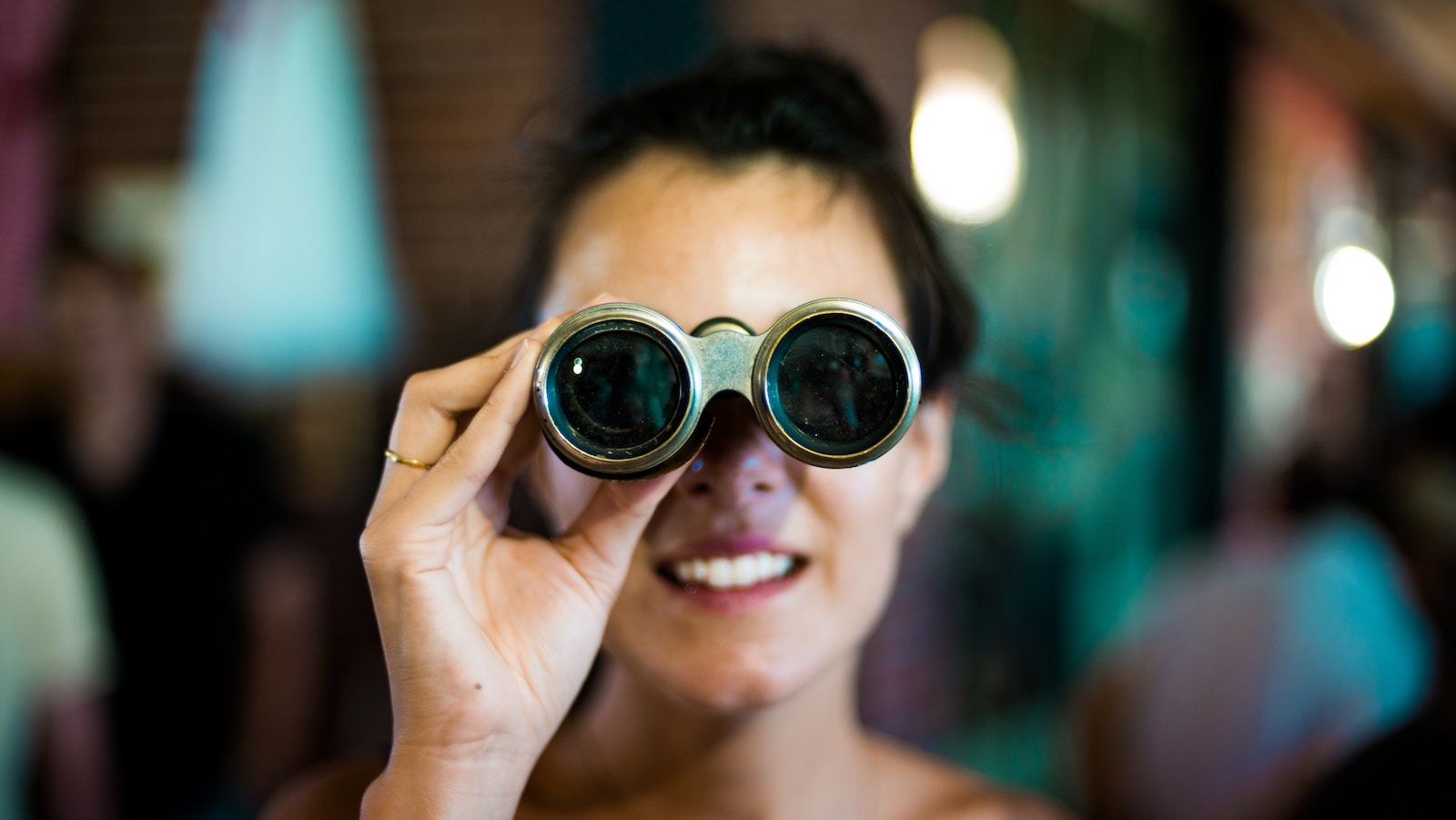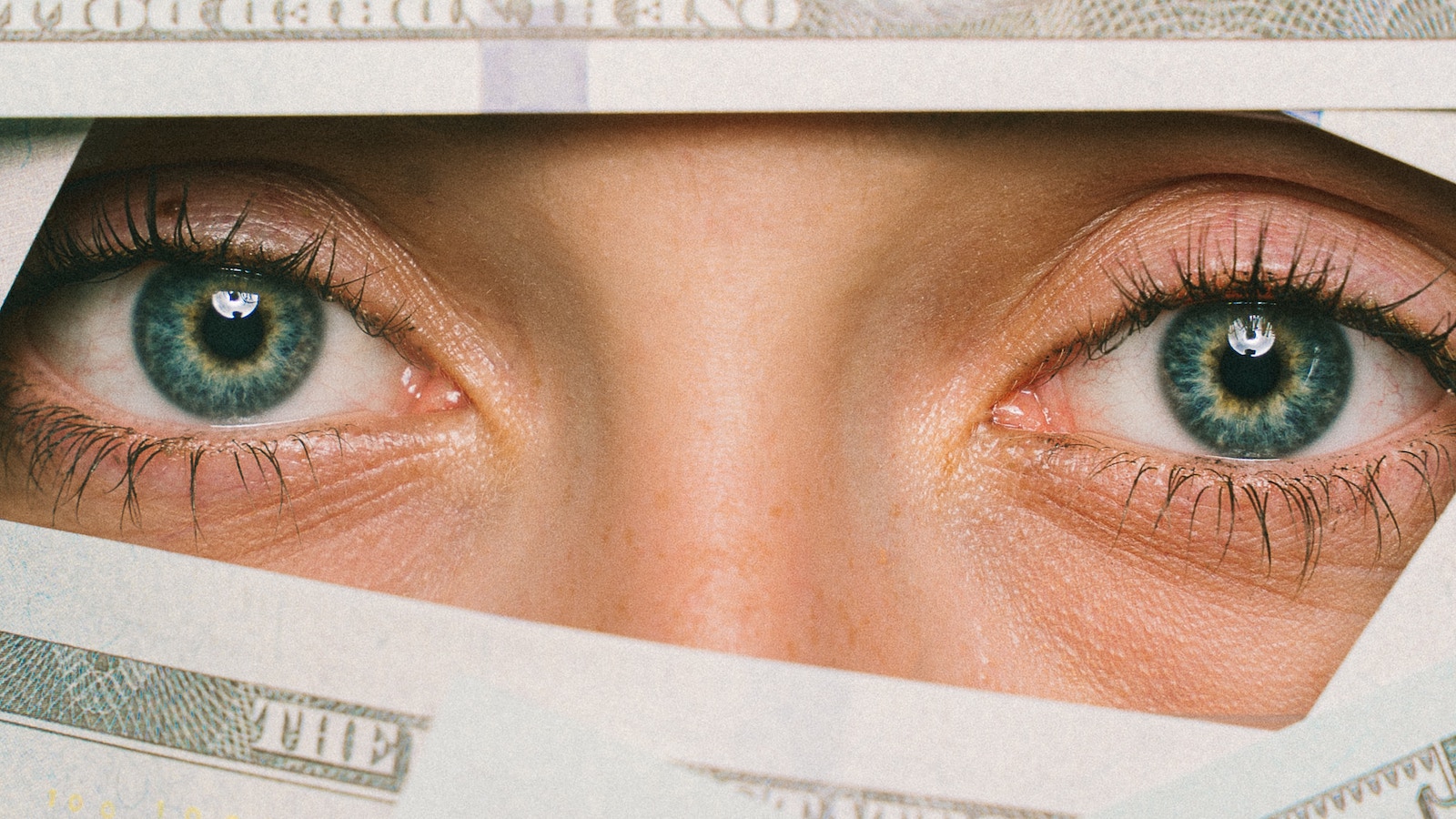4 ways to find what makes you happy and improve your relationship with money
Does your current budget make you happy? If not, do you know how it could? Living your best life is all about how you plan your resources.

Happiness is a budget that's fun
“Budgeting” certainly isn't a sexy-sounding word. What if I told you, though, instead of framing budgeting to sound a lot like drudgery, we could use it to power happiness? That’s right, a different mentality about budgeting might help us pursue our best life.
Let’s think about the way budgeting could be a tool for making a difference in our level of happiness today. If we make it about organizing life around everything that makes us happy -- from our everyday habits to our wildest dreams—all the stuff that seems impossible, that we put off because of, you know, priorities -- kids, college, housing, retirement, etc. suddenly become our focus as responsible adults.
The first step is knowing what truly makes us happy (click to jump ahead).
I don’t exactly mean “what do you like to spend money on?” Instead, I’m talking about “what are your values and how do you live live them?” Identifying those, if you haven’t already, and applying them to how you earn, save and spend money can help you accomplish financial rewards on a daily basis.
In turn, that may enable life-long dreams to come to fruition much more immediately than the typical debt payoff- and retirement-oriented approach our culture wants us to take in budgeting.
Your childhood holds hints for how you should budget

You might imagine your 10-year-old self with your current salary and think of a house filled with arcade games. And although there’s a reason children don’t usually have that kind of money at their disposal, we should all give our younger selves a bit more credit.
My own realization story of the value of budgeting is about how simply picking out one of the ideas kicking around in your head forever and backing it up with a financial plan can make you really happy.
It begins with one of my fondest childhood memories -- being in a small crowd of family and close friends of my grandma. We were making what had been a much-anticipated late-night trip to pick her up from upon returning from her first excursion overseas. I was maybe four years old and I still can see us moving through the concourse at Portland International Airport.
I cannot tell you now where my grandma flew in from that night. For the rest of her 60s and into her 80s, she ended up going so many places. Athens, Haiti, England, Holland, Italy, Dominica, Brazil, Israel, Australia and others I can no longer recall. What does stick with me, however, is that wanderlust of hers and her love of meeting people from all around the world.
It is a great gift she passed to me. Yet, sadly, it’s one I’ve never really made that much of. “What are you waiting for,” I hear her asking.
Good question. Money? Just having a lot of competing priorities holding that type of travel at bay?
About a year ago, I had an a-ha! moment where I flipped my thinking. I realized I needed to pull the trigger on a trip I’d been dreaming of since I started learning French as a high school freshman. I’ve purchased my plane ticket for Paris next spring.
With my 50th birthday coming up in 2020, my thoughts finally crystallized: If by now I hadn’t started making my way along the traveling tracks my grandma laid for me, when will I?
Going at budgeting a little backwards

Since that realization, I, along with my traveling companion, have been relishing in the planning and thought of this upcoming trip. Each of us has been riding a wave of excitement and basking in the glow that happens by prioritizing this level of self care. Better late-ish than never, right?
Having the a-ha! moment well in advance of the ideal time for each of us to take a trip like this has given me ample time to prepare financially -- i.e. to set a budget with financial goals that will enable me to take the trip. The best part? With such a lifelong dream in sight, the parameters of the budget haven’t felt restrictive for one second.
My main key in reaching those goals? A deep appreciation for my ability to do work that provides an income to travel as long as I focus on reducing unnecessary spending. I also have gotten a couple of credit cards that provide miles and points I’m using to cover costs. I also use my banking app to keep close tabs on spending and to simplify move income into my various accounts for taxes and savings so that it’s never sitting there, staring me in the face, asking to be set free on something frivolous.
4 tips for uncovering what makes you happy (aka what you should spend money on)

To help me build on this wave and continue setting aside my earnings for experiences that make me super happy, I’ve pulled together four tips that I’m eager to share:
1. Be kind to your inner child.
According to Plentiful, finding balance and joy in your life starts with acknowledging and nurturing your inner child's needs.Give the voice of your inner child a chance to be heard. Start by thinking back to when you were happiest as a kid.
Deciding to do my France trip, is satisfying my inner child for now. There are a number of ways you can work on reconnecting with your inner child. When you do, you’ll have more clarity around how to spend in ways are most satisfying.
2. Give purpose to your money.
Having purpose is key to happiness on so many levels, which I’ve written about here previously. And one of the ways to maximize those benefits is to give your money purpose and spend it accordingly.
It’s a message TSR founder Steve Adcock drove home more than once. “My money had no purpose. No reason for sitting in my bank account. No earmark. It just sat there, available. Crisp and smelling like success. I wasn’t doing anything else with it. Why not spend it,” Adcock said. But, as he explained, he was spending it in ways that left him feeling somewhat empty.
“Your money absolutely needs a purpose in life, just like you. A reason for its existence. You’re not just going to work to earn a paycheck” he said.
3. Explore your strengths.
As obvious as this might sound, it’s important to remember that strengths do not necessarily equate to skills. While skills might as well be coping mechanisms for navigating the world, strengths lie in your natural abilities—thinking about the moments when you feel most like yourself.
There are all kinds of quizzes and blogs for finding your strengths. Using some of the suggestions they offer or your own method to bring clarity around your what your strengths are gives you better focus on everything, including money.
When I took a quiz from University of Penn’s center for Authentic Happiness, the results not only resonated with me but a few of them quite effectively illuminate why saying “yes” to the travel bug has been fulfilling.
The quiz told me my top strength is fairness, equity, and justice and that “treating all people fairly is one of your abiding principles. You do not let your personal feelings bias your decisions about other people.” Hence being eager to meet people on an entirely different continent where I’ve never been.
It also revealed that I “notice and appreciate beauty, excellence, and/or skilled performance in all domains of life, from nature to art to mathematics to science to everyday experience.” And what better place from which to do that than Paris!
My third strength is curiosity and interest in the world: “You are curious about everything. You are always asking questions, and you find all subjects and topics fascinating. You like exploration and discovery.” Spot on. Makes it kind of a no brainer that I want to travel the world.
And finally, another strength from the quiz coming into play here is “creativity, ingenuity, and originality. Thinking of new ways to do things is a crucial part of who you are. You are never content with doing something the conventional way if a better way is possible.” That explains my excitement about breaking the mold on budgeting.
4. Recognize whether spending will give you more time.
Some spending allows you to gain time, others deplete it entirely.
Most of us recognize that time is precious and we want to spend it in ways that give us more time back, like on convenience food or on hiring someone to paint your house vs. doing it yourself.
Have you also thought about ways spending takes away time? Doing so could give you important perspective for budgeting. “This small shift in thinking makes me earn money and spend it differently,” blogger Tim Denning said.
“Let me give you an example. Buying a $35,000 car equals approximately one year‘s worth of living expenses for me. Do I buy a giant chunk of metal that brings me no joy or do I buy a years’ worth of time to not work, do some writing, read a few books, and see my family,” Denning asked.
“When you change your perspective, you can start to see how “every purchase you make becomes an equation of time given up, instead of an equation that focuses on fulfilling desires or impressing other people,” he said
Still not sure how to connect your budget with your bliss? Oprah sums it up best...
Some of the best, most straightforward talk I’ve found recently on figuring happiness is from—surprise, surprise—Oprah. She wrote on her blog, “as Dr. Phil always says, ‘you gotta name it to claim it.’ I've been claiming happiness for a long time, dreaming big dreams and using the outcome of those dreams to bring beauty into my own life and to serve others.” Read her entire but short blog here.
Not claiming happiness puts us at risk for getting lulled into thinking it’s OK to wait for the good stuff.
And that, dear reader, would be a shame. What makes you happy? How do your values and their connection to happiness influence the ways you spend your money?